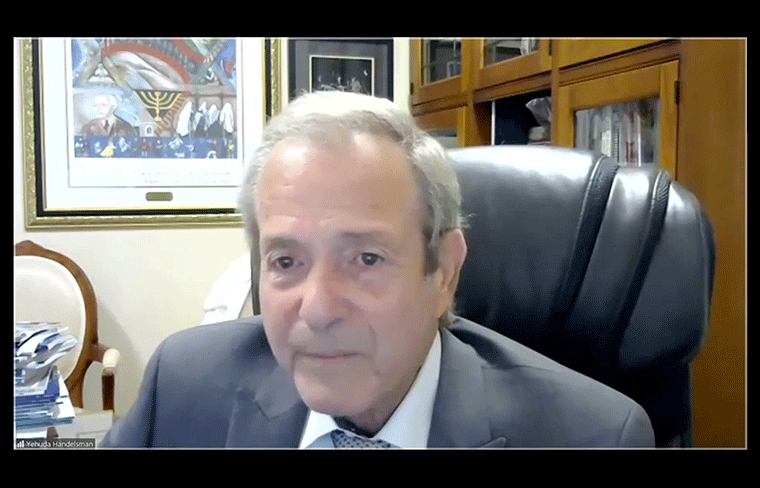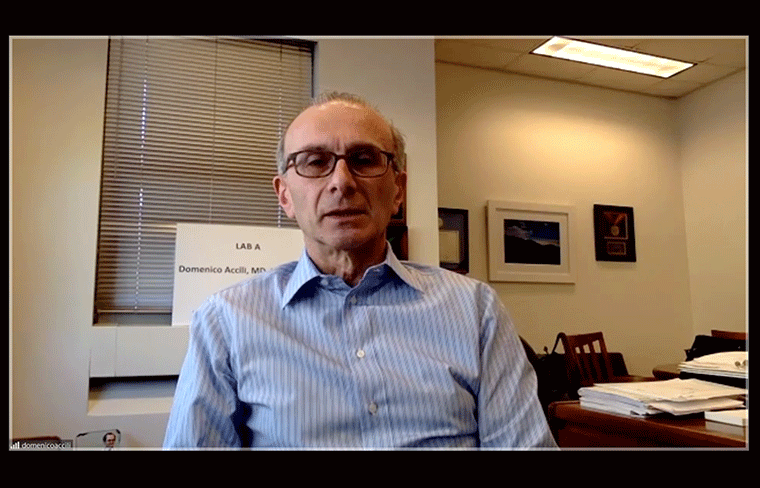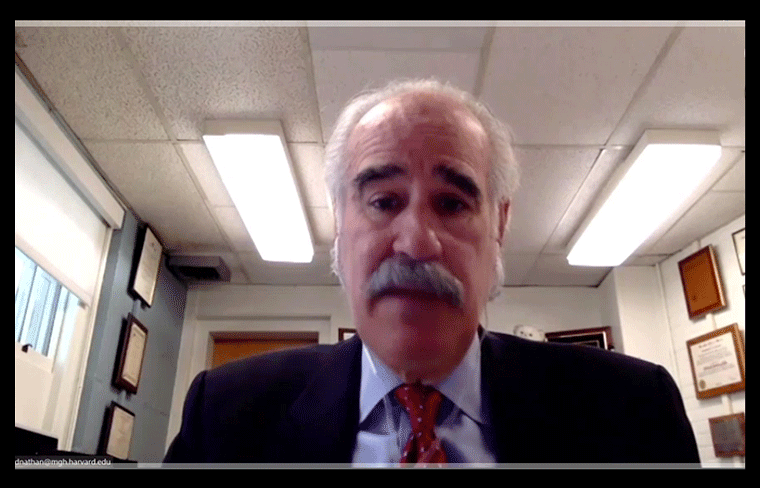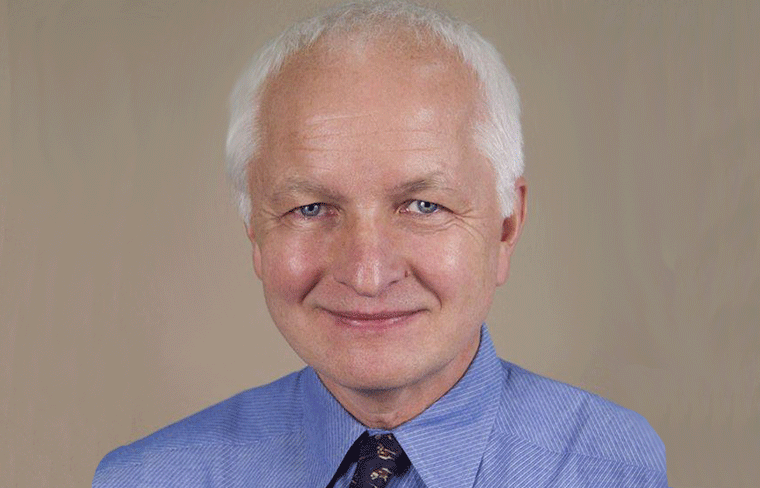-
Combination of diabetes and heart failure presents dual challenge for endocrinologists, cardiologists
During the Scientific Sessions, an expert panel of cardiologists and endocrinologists provided an update on heart failure for diabetologists. Yehuda Handelsman, MD, FACP, FNLA, FASPC, MACE, reported that 50% to 80% of people with diabetes die of cardiovascular disease.
-
Researchers looking for ways to reverse beta-cell failure and create pathway to ‘disease-modifying interventions’ for type 2 diabetes
During a Virtual 80th Scientific Sessions presentation, Domenico Accili, MD, delivered “a message of hope” for the future of type 2 diabetes treatment. “From what we’ve learned, we think that we can reverse beta-cell failure in a mechanistic manner. This should lead to truly disease-modifying interventions for patients with type 2 diabetes,” he said.
-
Benefits of CGM amplified amid COVID-19 pandemic; potential in pediatric settings studied
The coronavirus pandemic and the high number of COVID-19 patients with diabetes have heightened interest in real-time continuous glucose monitoring (CGM). “The ability to have remote access to data and time-in-range data when we’re doing telehealth consultations during the COVID pandemic has been fabulous. We may not be going back to face-to-face as often as…
-
Definition of hypoglycemia impacts clinical trial design, results
Hypoglycemia is a major barrier to achieving glucose targets that prevent diabetes complications, but there’s no consensus whether 54 mg/dL or 70 mg/dL is the best standard for hypoglycemia in clinical trials. Simon R. Heller MD, FRCP, and Aaron J. Kowalski, PhD, examined the value of the two standards during a Scientific Sessions symposium.
-
VERTIS-CV trial results support use of SGLT2 inhibitors in type 2 diabetes patients
Findings from the VERTIS-CV trial looking at the safety and efficacy of ertugliflozin, one of the newer sodium-glucose cotransporter 2 (SGLT2) inhibitors, indicate that the drug does not impact the likelihood of heart attack, stroke, or cardiac death in patients with type 2 diabetes. The findings were presented by a panel of trial investigators, including…
-
Dapagliflozin slows onset of type 2 diabetes in patients with heart failure, study finds
Results from the Study to Evaluate the Effect of Dapagliflozin on the Incidence of Worsening Heart Failure or Cardiovascular Death in Patients With Chronic Heart Failure (DAPA-HF) showed that dapagliflozin, an SGLT2 inhibitor, reduced the incidence of type 2 diabetes by 32% in patients with heart failure but without diabetes at baseline. “While the major…
-
Multiple studies demonstrate benefits of automated insulin delivery for type 1 diabetes management
Bruce A. Buckingham, MD, and three other experts reviewed results from four new clinical trials examining the next generation of automated insulin delivery systems for type 1 diabetes patients during the Scientific Sessions. New technology holds promise for easing the lifestyle complications of type 1 diabetes by improving glycemic control, particularly overnight, Dr. Buckingham said.
-
DPPOS researchers report latest clinical outcomes from ongoing study
Several researchers from the Diabetes Prevention Program Outcomes Study (DPPOS) shared new data on clinical outcomes from the largest and longest follow-up to the Diabetes Prevention Program study during the Scientific Sessions. DPPOS Chair David M. Nathan, MD, said that while the benefits of the original interventions have decreased over time, both the metformin and…
-
TEDDY study yields insight into potential type 1 diabetes triggers, protective influences
Investigators from The Environmental Determinants of Diabetes in the Young (TEDDY) study presented the latest results from the ongoing study during the Scientific Sessions. TEDDY Co-Chair Marian Rewers, MD, PhD, reviewed research into genetic and clinical markers that indicates that screening for islet autoimmunity in high-risk youth should start in the first two years of…
-
SEARCH study results underline ongoing challenges in youth-onset diabetes
Five investigators from the SEARCH for Diabetes in Youth Study reviewed critical lessons from two decades of surveillance and observational research into youth-onset diabetes during the Scientific Sessions. “SEARCH has identified social, behavioral, and psychological correlates that are linked to pediatric diabetes management, the number of which further demonstrate the complexity of this disease and…









